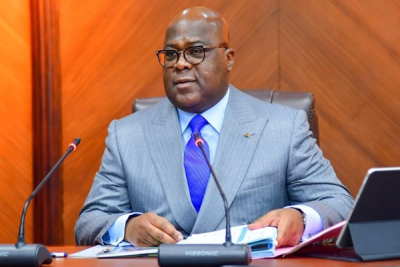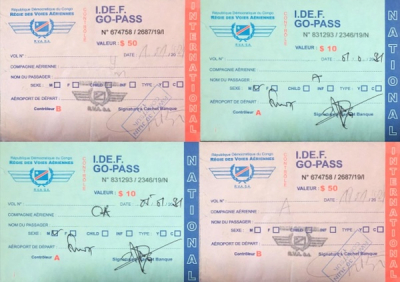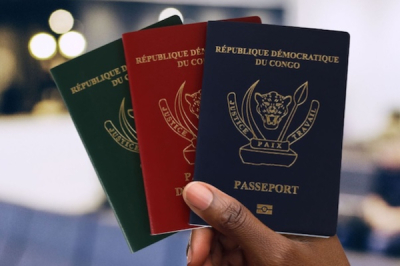The Democratic Republic of Congo has begun the ratification procedure for two international conventions aimed at reducing tax evasion by multinationals. The ratification bills were presented to the National Assembly on November 22, 2024, by Finance Minister Doudou Fwamba Likunde. According to him, the conventions should help "mobilize more resources to finance the government's action programs" by targeting "multinationals that use sophisticated systems to evade taxation and reduce the tax base."
The agreements only concern Belgium and South Africa, with which the DRC has bilateral double tax treaties. Even if the Parliament allows their ratification, they will not apply to countries such as China, Canada, Mauritius, or the UK, which are among the DRC’s top investors.
In mining, for example, many investors utilize structures registered in Mauritius, as highlighted in a June 2024 report released by the International Monetary Fund (IMF). However, Mauritius has no tax agreement with the DRC, though it is the leading investor in the country’s mining sector.
Mauritius often acts as a hub for investments that mainly benefit jurisdictions like China or the United Arab Emirates, known for their low financial transparency. Conversely, Belgium is not viewed as a major tax haven, based on current Organisation for Economic Co-operation and Development (OECD) rules.
Obstacles to Implementation
The two agreements on the table are the BEPS convention and the tax liability rule. The first agreement aims to prevent multinationals from exploiting tax treaties between two countries to shift profits to low-tax jurisdictions, depriving States of significant tax revenues. The second agreement allows the DRC to claim additional taxes on passive income (dividends, interest, royalties) if taxed below the minimum threshold of 9%.
Last September, Minister Doudou Fwamba visited OECD headquarters in Paris to finalize these two agreements. Once ratified, the DRC will be able to deposit the instruments of ratification, making their content applicable to relevant partners. However, these international tax rules are complex and sometimes inaccessible even for tax administration experts.
Implementing the BEPS rules will require skill transformation within the tax administration and better management of tax exemptions, particularly in the mining sector. As for the tax liability rule, few countries have signed this convention. Its application also depends on a series of international tax reforms by the OECD; reforms which the US might not validate.
With a tax-to-GDP ratio of 13.4% in 2023, the DRC has room to improve its tax revenue mobilization. The IMF estimates that effective reforms could raise this ratio to 19.9%, providing significant leverage to finance government programs and support economic development. However, an international tax negotiation framework under the auspices of the United Nations—rather than the OECD—could better help the country achieve this objective.
Georges Auréole Bamba










